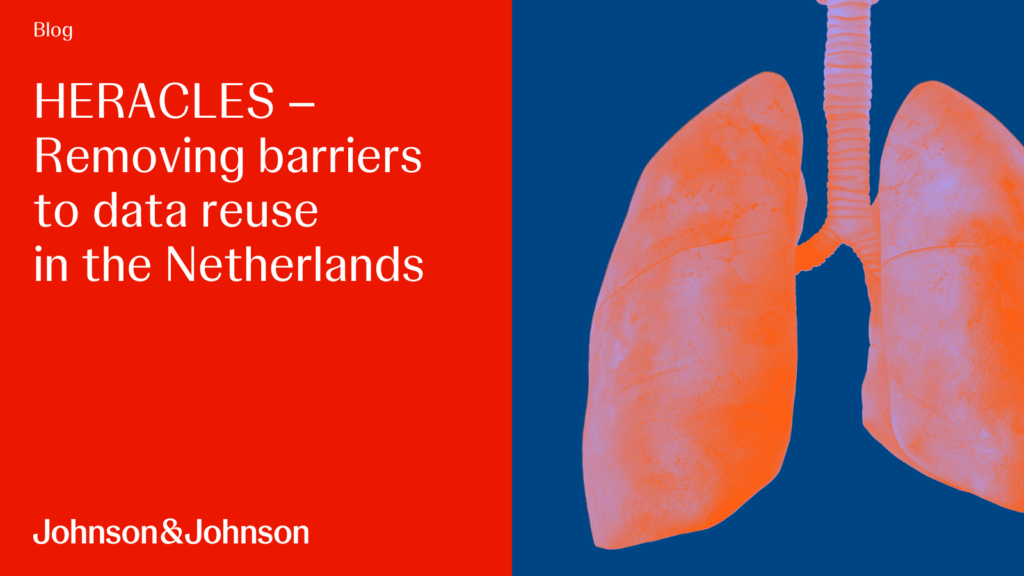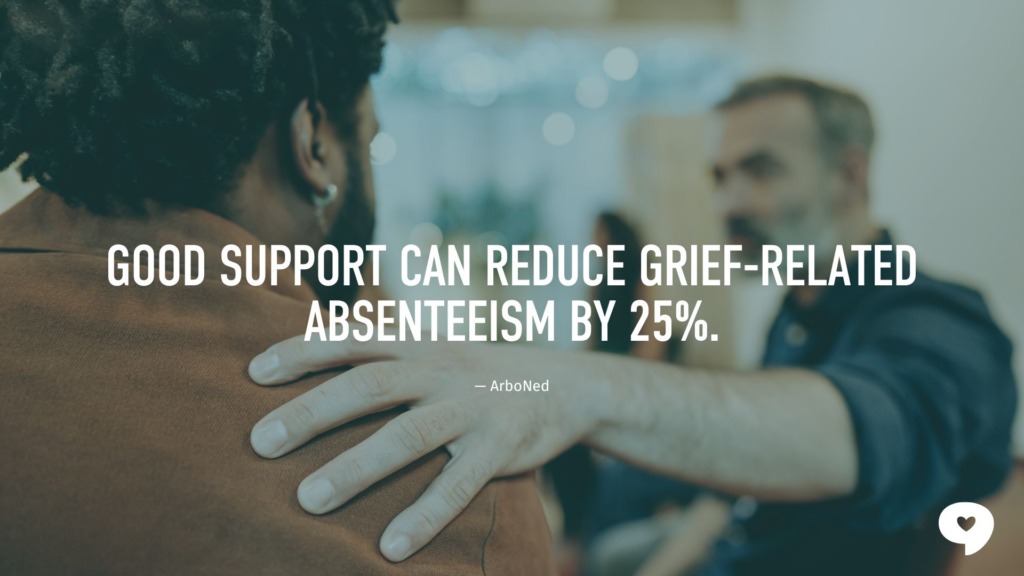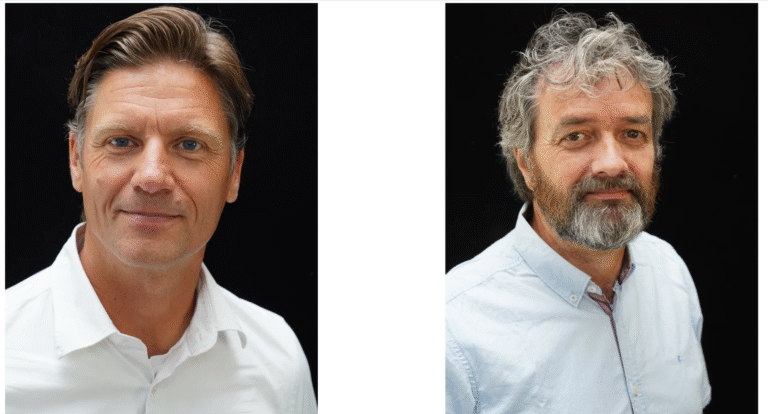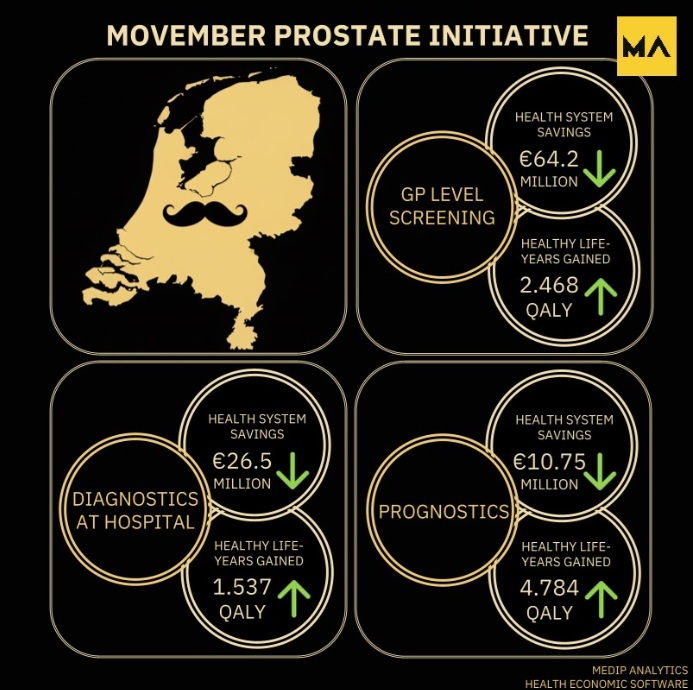Like the legendary Heracles, who overcame seemingly impossible challenges, Johnson & Johnson joined forces with twelve stakeholders in the Netherlands to unlock the value of patient data. By enabling reuse of oncology data across organizations, these stakeholders aim to improve cancer care through evidence generation for earlier detection and treatment, optimized treatment timing, more personalized care, and reduced healthcare costs.
Three years after the HERACLES* project launched in October 2022, experts from three participating organizations sat down with us to reflect on the project and discuss how their learnings have advanced the shared goal of improving healthcare for cancer patients in the Netherlands and beyond.
Participants:
- Merle Bootsma – PhD Candidate, Radboud university medical center (Radboudumc)
- Prof. Dr. Jildau Bouwman – Senior Scientist, TNO, and Professor, Leiden University
- Ton Peters – Associate Director, Evidence Generation,Johnson & Johnson Innovative Medicine Benelux
The challenge: Data fragmentation and privacy fears
In the Netherlands, healthcare datasets are fragmented across numerous registries and institutions, stored in diverse formats, and marked by duplication and inconsistent standardization.
Additionally, concerns about patient privacy have grown in the Netherlands, fueled by recent data leaks. At the same time, biotech companies are concerned with protecting their intellectual property, and academic researchers worry that sharing data too early could limit publication opportunities.
Data fragmentation and privacy concerns complicate the implementation of FAIR-data principles in the data environment, where data should be findable, accessible, interoperable, and reusable for a learning healthcare system that uses health data to drive continuous, evidence-based improvements in care.
With the aim to achieve all these goals and to create patient value that extends beyond traditional clinical trial results, stakeholders from academic institutions, healthcare data registry holders, health insurers, innovative organizations, biotech companies, and patient advocacy groups chose to participate in HERACLES to work towards the shared goal of using patient data to support decisions that drive better outcomes.
The shared goal of HERACLES is to support more efficient research by enabling the sharing and reuse of data from multiple sources to create larger datasets. This will allow researchers to analyze a higher volume of real-world datapoints across a wider range of elements, including treatment follow-up information, to generate relevant medical insights for patients, caregivers and policy makers.

A difficult but necessary step forward
The stakeholders collaborating in HERACLES understood the importance of resolving the data fragmentation and accessibility barriers to achieve better healthcare outcomes for patients. To this end, the HERACLES project aimed to develop a privacy-by-design data infrastructure that would enable the analysis of large, standardized datasets while allowing organizations to retain custodianship and full control of their data by residing in their own systems. They focused on use cases in lung cancer and ovarian cancer to assess how using larger federated datasets could answer important healthcare questions.
Diverse expert perspectives on HERACLES
HERACLES united leading voices from the biomedical field, allowing challenges to be tackled collectively and giving everyone a clearer understanding of goals, issues, and outcomes across different areas.
“At Radboudumc, we wanted to answer important oncology research questions, but the available healthcare data was too fragmented and often lacked key follow-up details, such as changes in chemotherapy regimens. Through HERACLES, we were able to identify what is needed for reliable, standardized data reuse without increasing the burden on clinicians.”
– Merle Bootsma, PhD Candidate, Radboudumc
“At TNO, we sought to develop new data-driven innovations and diagnostics but faced the same challenges with fragmented and incomplete healthcare data. We explored how emerging technologies such as privacy-enhancing-technologies and data spaces could help overcome these barriers.”
– Dr. Jildau Bouwman, TNO
“At Johnson & Johnson, we aimed to better understand which healthcare variables influence treatment outcomes and whether deeper data analysis could support more informed decisions, such as early detection of lung cancer and initiating treatment earlier to improve health outcomes for patients. We were also interested in assessing whether these real-world questions could be effectively addressed within the Dutch healthcare system.”
– Ton Peters, Johnson & Johnson
Outcomes: Obstacles and insights
The HERACLES project found that data quality and compatibility remain major obstacles to integrating Dutch healthcare data. For example, Merle Bootsma observed that “merging datasets reduced the number of usable patient records from about 1,500 to just 90 for analysis”, while Ton Peters noted that “Dutch healthcare datasets do not currently align with FAIR principles.”
HERACLES confirmed that technology alone isn’t enough—and that data quality and alignment are the real bottlenecks. That clarity is now shaping the next phase of work toward a scalable, federated approach. According to Jildau Bouwman, “the project has delivered meaningful deliverables and intermediate outcomes that will benefit the continued development of a learning healthcare system in the Netherlands.” With additional, more focused effort, its objectives are well within reach.
Key lessons from HERACLES include the need for data to be captured with sufficient quality and standardization for federated data combinations to deliver enough usable data points to answer specific research questions. In addition, the right combination of emerging technologies, such as privacy-enhancing technologies and data spaces, and strong governance can make health data more accessible for reuse. Participants emphasized the importance of capturing all relevant information at the point of data registration and the value of being able to estimate the number of usable data points before seeking ethical approval.
Toward a learning healthcare system in the Netherlands and beyond
To date, HERACLES has enabled stakeholder alignment on a shared vision for a federated privacy-by-design system for automated integration of detailed healthcare data to drive research, innovation, and personalized patient care. The HERACLES partners have shared their insights with the Dutch Ministry of Health and other healthcare organizations and continue to collaborate to overcome remaining barriers. Johnson & Johnson believes HERACLES will help establish a practical framework for the European Health Data Space initiative and improve healthcare outcomes in the Netherlands and beyond.
We would like to express our sincere thanks to our fellow HERACLES partners: IKNL, Stichting Radboud universitair medisch centrum, UMC Groningen, AstraZeneca BV, Roche Nederland BV, Almende BV, Linksight BV, Pharmo Institute NV, SURF BV, CZ Zorgverzekeringen NV, Stichting Olijf, and TNO, for their valuable collaboration and commitment.
Appendix: Main conclusions of the HERACLES project
- Data quality starts at the source: High-quality data must be captured once, in a structured way, at the point of origin. Standardizing data according to international definitions enables easier and more efficient reuse, without adding administrative burden to healthcare providers.
- Patient-centric data is lacking: Many datasets are process-driven rather than patient-focused, making them unsuitable for a learning healthcare system. Limited clinical data from the patient perspective hinders understanding of the full care pathway—from GP visits to pharmacy, treatment, and aftercare.
- Coverage issues in combined data: When merging datasets from multiple sources for the same patient group, coverage quickly becomes insufficient because no source has 100% completeness. In HERACLES, less than 10% of useful information remained after integration—a problem that only became clear after significant effort.
- Legal and organizational barriers to data linking: Despite technical solutions like data spaces and privacy-enhancing technologies, linking data remains challenging. HERACLES demonstrated that combining dataspace standards with encryption can enable privacy-preserving analysis, but this requires investment and legal expertise, which are often lacking.
- Need for better data discoverability and context: Researchers need early insight into how much data will be available when combining sources. Current FAIR principles focus on descriptions and usage conditions, but not on indicative data volumes. Knowing this upfront—and understanding the context of each source—can save time and ensure correct analysis.
Further details can be found in the interim report which is available (in Dutch only) through this link.
* HERACLES stands for HEalth ReseArch – Cancer Living labs – setting up an Ecosystem of trust (Secure and Sovereign)



